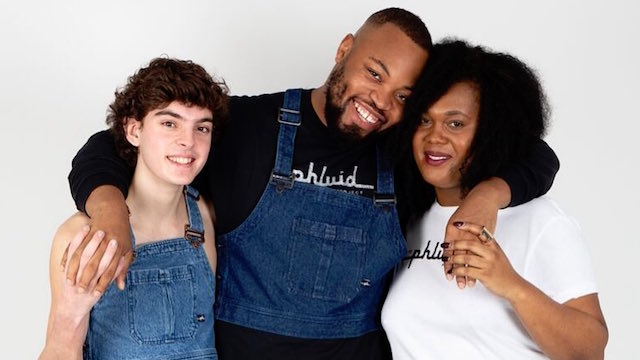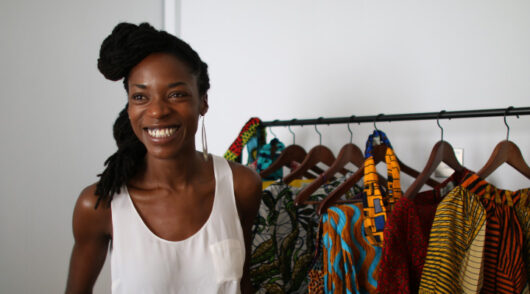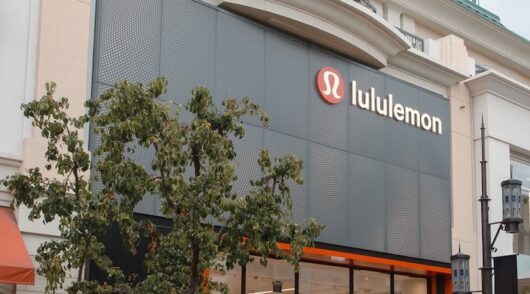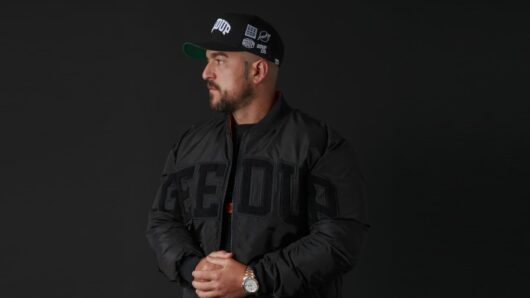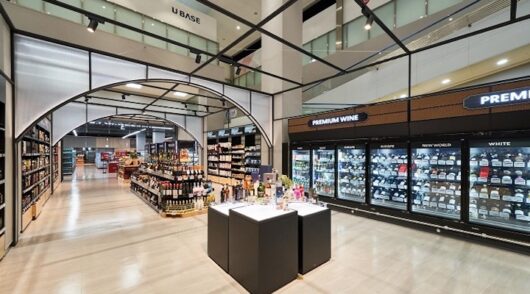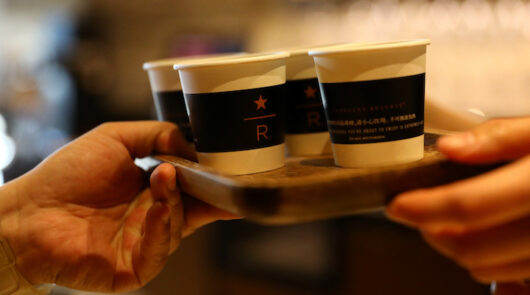The Phluid Project, a New York brick-and-mortar shop specialising in gender-free apparel, is setting a new standard for retailers, tapping into a key Gen Z trend.

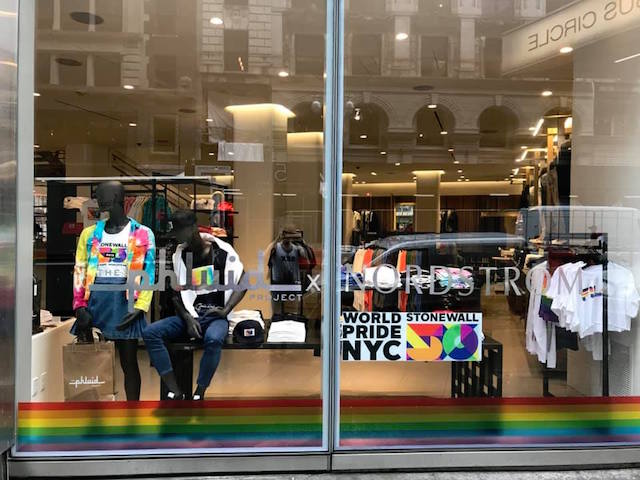
The growth of individualism has bred a myriad of genders. Today, just 66 per cent of Gen Zers would identify themselves as exclusively heterosexual. Meanwhile, a third of these consumers are comfortable with the use of gender-neutral pronouns and knows someone in their circle who identifies themselves with “they”.
Two years ago, former Victoria’s Secret executive Rob Smith launched The Phluid Project as the world’s first gender-free clothing store. His goal with the brand was to redefine and challenge gender norms in society.
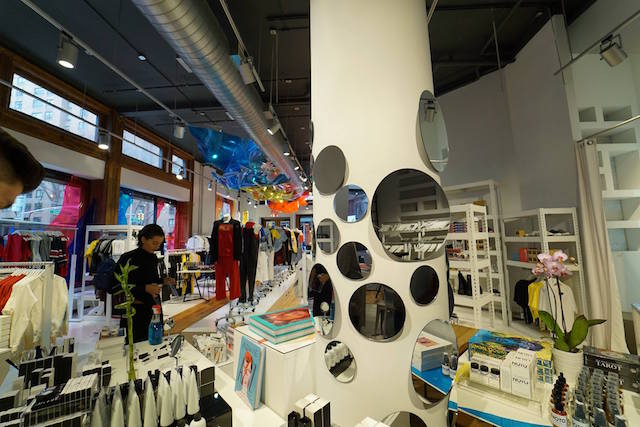
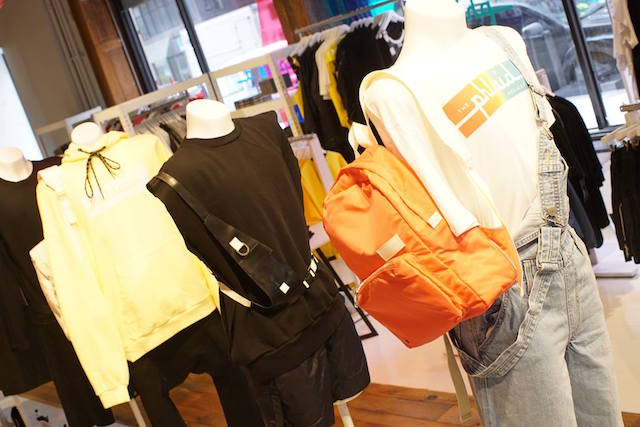

Although the millennials have always been the core focus of retailers in the past few years, Gen Z’s entrance into the market has disrupted the game plan for many retailers before they even had the chance to fully comprehend their predecessors. Gen Z’s divergent mindset and views on society and politics is what shapes the future, and is already influencing the pending evolution of retail.
Phluid stands for many things. The obvious: gender fluidity and the freedom to live without boundaries. Hidden behind the name is a nod to chemistry where pH represents a balance between masculinity and femininity, while ‘project’ addresses the collective ‘work in progress’ nature for people to continue building something for the better.
Smith says the brand was designed for a market that wasn’t being addressed, but most importantly to reach out to Gen Z consumers who have rejected society’s binary constraints and are stepping out to redefine ‘ordinary’.
The store has been designed as a part-retail, part-community space to create a welcoming and inviting ‘safe space’ for all consumers. Customised mannequins with no distinguishing physical features model gender-neutral clothes. Half of its merchandise comprises an assortment of The Phluid Project’s own private-label lines such as its signature graphic tees and denim. The balance of the stock comes from independent designers, filtered and researched beforehand to ensure their brands’ messages align with The Phluid Project’s mission. Tucked cosily at the back of the store is a coffee shop Rise and an open area hosting talks on identity, activism, and other topics. Additionally, its e-commerce site features content and resources for the LGBTQ+ community.
Since The Phluid Project’s establishment, the brand has partnered with numerous organisations and designers, including Planned Parenthood and Nico Panda. It has even launched joint pop-up stores with HBO’s ‘Euphoria’ TV show, led by Gen Z icon Zendaya. The brand has successfully led the movement for non-binary fashion and has inspired many to follow its footsteps. Earlier this summer for example, Sephora launched a campaign ‘Identify as We’ to celebrate the transgender and non-binary community with makeup classes and staff trainings on diversity and inclusion.

Is Asia ready for diversity?
During the last weekend of October, Taiwan held its annual colourful and bustling pride parade – its first since legalising gay marriage. One year ago, India decriminalised homosexuality and Hong Kong is set to host the 11th edition of the Gay Games in 2022. These examples reflect a progressive stance in Asia, despite the backward and inhumane mindset of stoning and death penalties for gays in other markets, such as Brunei.
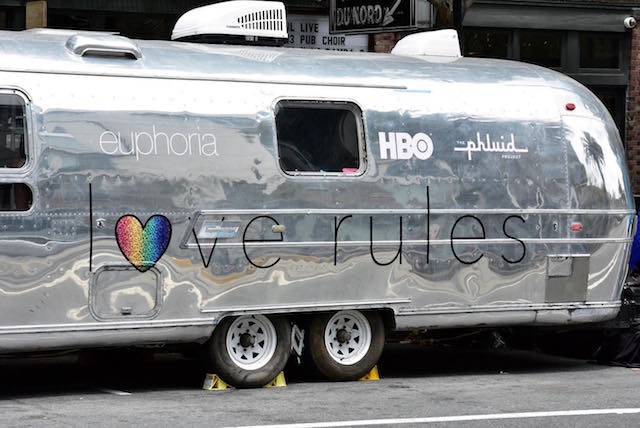
Gender neutrality may not be on every retailer’s agenda, but it has prompted many initiatives that are slowly tapping into the non-binary ideology. For example, the surge in male makeup within Asia has rocketed over recent years, in which even Chanel has capitalised strongly on.

However, creating a gender-neutral movement must not be used abusively as a mere marketing tactic. This is especially the case when Gen Z consumers sees through advertisements and influencer deals more sharply-so than others. Creating an inclusive environment brings more benefit than harm, and while each generation upholds its own set of beliefs and is influenced by partisan views, the future is reaching a point where diversity is the new normal.
The future of retail should not be defined by men in suits sitting in a boardrooms, but rather by returning the voice to the customers and addressing their rights and demands. As The Phluid Project sets out, the store of the future is not technology-enabled but an establishment of human connection.

